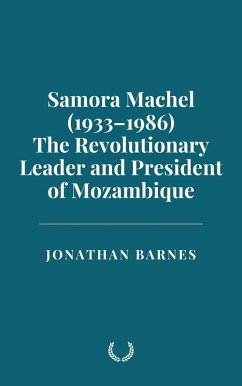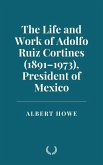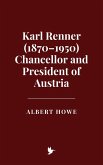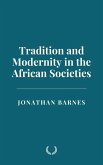The book critically analyzes the internal and external factors that shaped Machel's leadership, including his policies on land reform, education, gender equality, and economic development, which aimed to undo the colonial legacies and create a more egalitarian society. It explores the tensions between revolutionary ideals and the pragmatic challenges of governance, particularly in the face of a brutal civil war, external interventions from apartheid South Africa and Western powers, and the realities of an underdeveloped economy.
Machel's tragic death in 1986 marked a significant turning point in Mozambique's history, and the book continues by examining the post-Machel era under his successor Joaquim Chissano. The shift toward market-oriented reforms, the pursuit of peace with RENAMO, and the transition to multi-party democracy all represented a departure from Machel's more ideological approach. The final chapters reflect on the legacy of Machel and the ongoing struggles Mozambique faced as it navigated the complexities of post-colonial governance in a rapidly globalizing world. With a deep analysis of the country's economic challenges, political shifts, and regional role, this book offers a nuanced perspective on the complexities of nation-building, social justice, and the pursuit of independence in a changing world order.
Dieser Download kann aus rechtlichen Gründen nur mit Rechnungsadresse in A, B, CY, CZ, D, DK, EW, E, FIN, F, GR, H, IRL, I, LT, L, LR, M, NL, PL, P, R, S, SLO, SK ausgeliefert werden.









